Iran's President Raisi dies in chopper crash, here are interesting facts about him
)
The fatal incident, reported by Iranian news agencies, also claimed the lives of Foreign Minister Hossein Amir-Abdollahian and seven other passengers.
After his death, the his social media account shared a prayer, "Peace be upon Abraham Thus do We reward the doers of good He is one of our faithful servants."
According to Iran's Constitution, the first vice president is required to step in as acting president, subject to the Supreme Leader Ayatollah Ali Khomeini's approval.
Ebrahim Raisi, known for his hardline stance, assumed the presidency in 2021 after a highly contentious election.
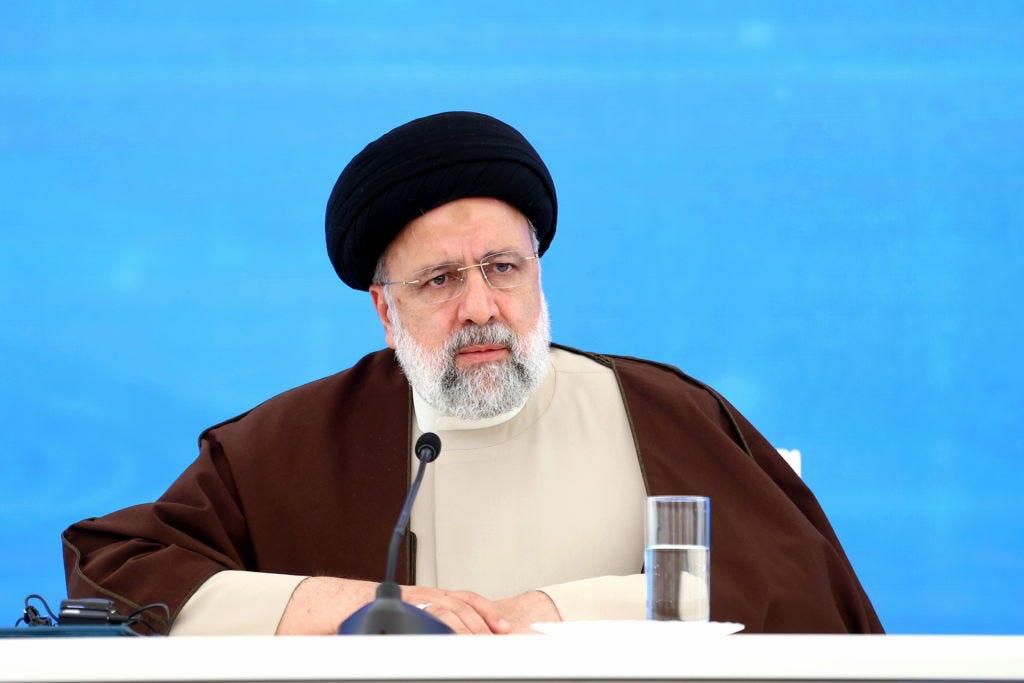
Before his presidency, Raisi served as Iran's chief justice, during which he was noted for his rigorous crackdown on dissent amid widespread, youth-led protests against the country's clerical establishment.
Following the tragic helicopter crash Iran's government convened an "urgent meeting" on Monday, as reported by the state news agency IRNA.
Raisi's chair was empty and adorned with a black sash in his honor.
Details of the crash
The helicopter carrying nine individuals encountered difficulties in heavy fog while returning from a trip to the Iran-Azerbaijan border on Sunday.
The crash triggered an hours-long search-and-rescue mission, supported by the European Union and Turkey, among others.
However, the efforts of the emergency crews were hindered by the dense fog and plummeting temperatures.
This accident comes at a particularly turbulent time for the Middle East, as conflict continues to escalate in Gaza.
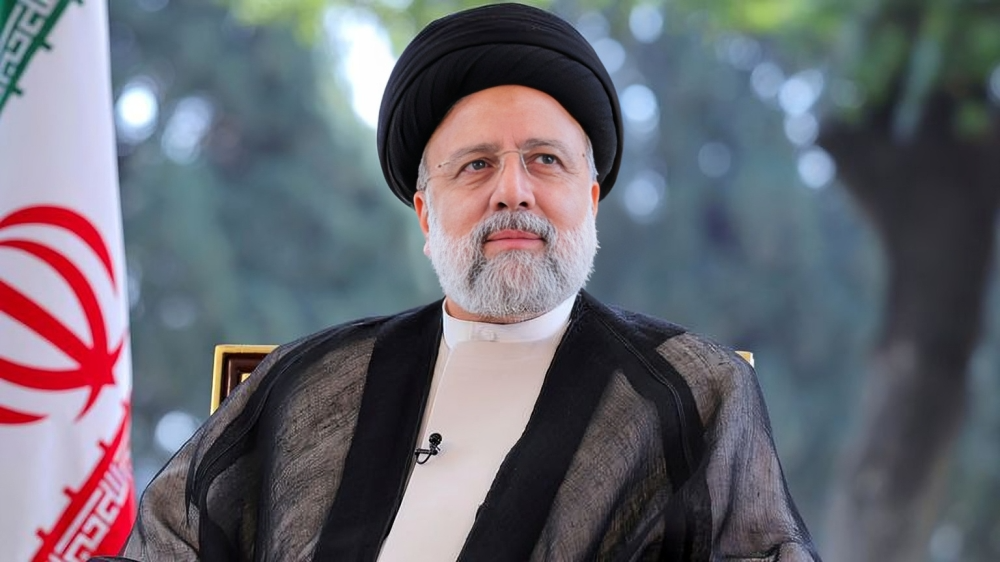
The crash follows closely on the heels of Iran's recent drone-and-missile attack on Israel, a retaliatory move after a lethal strike on Iran's diplomatic compound in Damascus.
As the second-most influential figure in Iran's political hierarchy, Raisi's sudden death raises significant implications for the nation.
This development introduces a new level of uncertainty in an already volatile regional and domestic landscape.
Biography of Iranian President Ebrahim Raisi
Personal Life
Sayyid Ebrahim Raisol-Sadati, commonly known as Ebrahim Raisi, was born on December 14, 1960, in Mashhad, Iran.
He hails from a deeply religious family, with his father, Seyyed Haji, being a cleric, and his mother, Sayyedeh Esmat Khodadad Husseini, also committed to Islamic traditions.
Tragically, Raisi lost his father at the tender age of five, a loss that significantly shaped his early years.
Raisi's religious lineage is symbolized by the black turban he wears, indicating his descent from the Prophet Muhammad.
He has been married to Jamileh Alamolhoda since 1983, and together, they have two daughters.
Raisi pursued his education at the seminary in Qom and later earned a Ph.D. in law from Shahid Motahari University, grounding his career in both religious and legal studies.
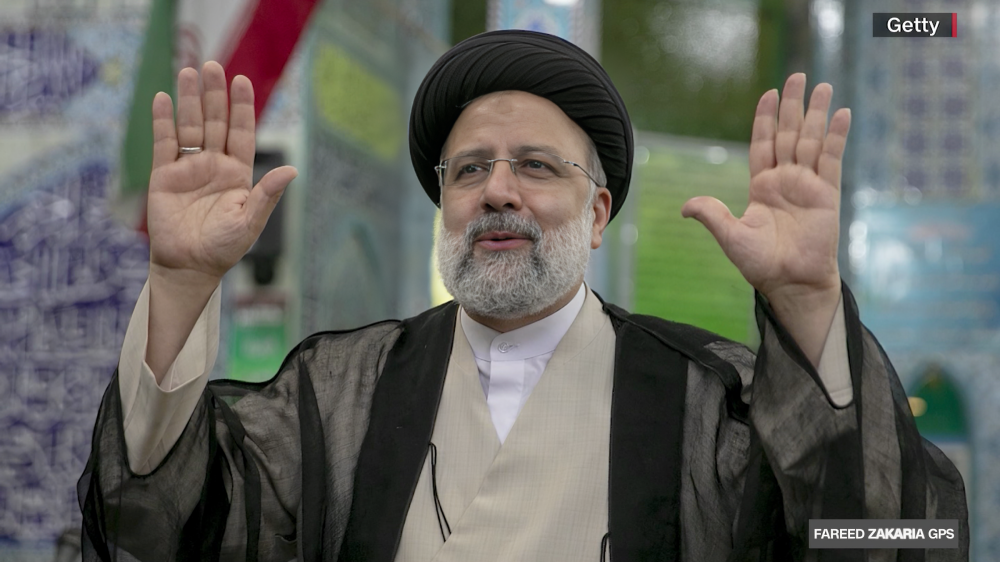
As a devout Shiite Muslim, his faith has always been at the core of his personal and professional life.
Career and entry into politics
Raisi's career in Iran's judiciary began in the early 1980s, where he served as a prosecutor for the cities of Karaj and Hamadan.
By 1985, he had advanced to the role of deputy prosecutor of Tehran.
In 1988, he was reportedly part of a controversial four-person "death panel" that oversaw the mass execution of up to 5,000 political prisoners.
These allegations have been a dark cloud over his career, leading him to rarely leave Iran to avoid potential retribution or international justice.
From 1989 to 1994, Raisi served as the prosecutor general of Tehran, before moving on to head the General Inspection Organization from 1994 to 2004.
This organization was responsible for investigating misconduct and corruption, a role that bolstered his reputation as a strict enforcer of law and order.
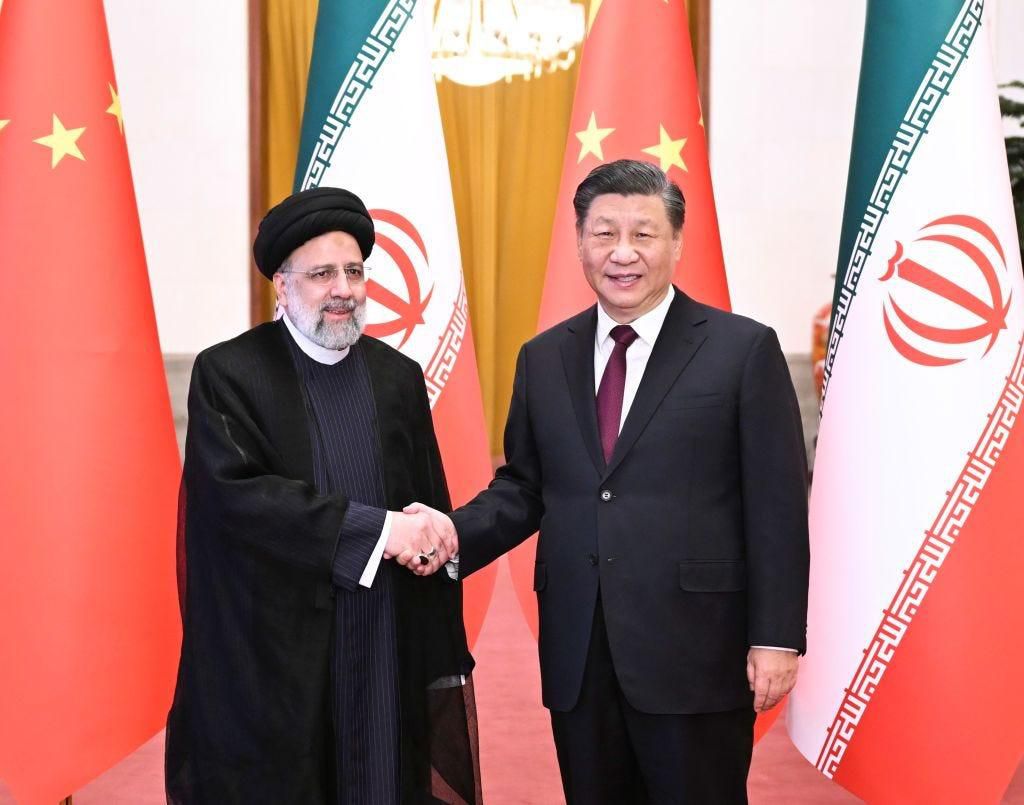
His judicial career continued to ascend as he became the first deputy chief justice from 2004 to 2014.
In 2006, Raisi was elected to the Assembly of Experts, the clerical body responsible for appointing the supreme leader, further cementing his influence within Iran's political hierarchy.
His tenure as the prosecutor general of the Special Court for the Clergy began in 2012, followed by his role as the prosecutor general of Iran from 2014 to 2016.
From 2016 to 2019, Raisi served as the custodian of Astan Quds Razavi, a wealthy foundation managing the shrine of Imam Reza in Mashhad.
This position not only increased his visibility but also his influence, as the foundation is reportedly worth billions.
Presidential campaigns and sanctions
Raisi first ran for president in 2017, losing to Hassan Rouhani with 38.5% of the vote compared to Rouhani's 57%.
Despite this setback, his political career continued to thrive. In 2019, Ayatollah Khamenei appointed him as chief justice of Iran. Shortly thereafter, he was elected deputy chief of the Assembly of Experts.
In November 2019, the US Department of the Treasury sanctioned Raisi, citing his role in the 1988 "death commission" and a UN report indicating that Iran's judiciary had approved the execution of at least nine children between 2018 and 2019.
These sanctions underscored the international scrutiny and controversy surrounding his judicial career.
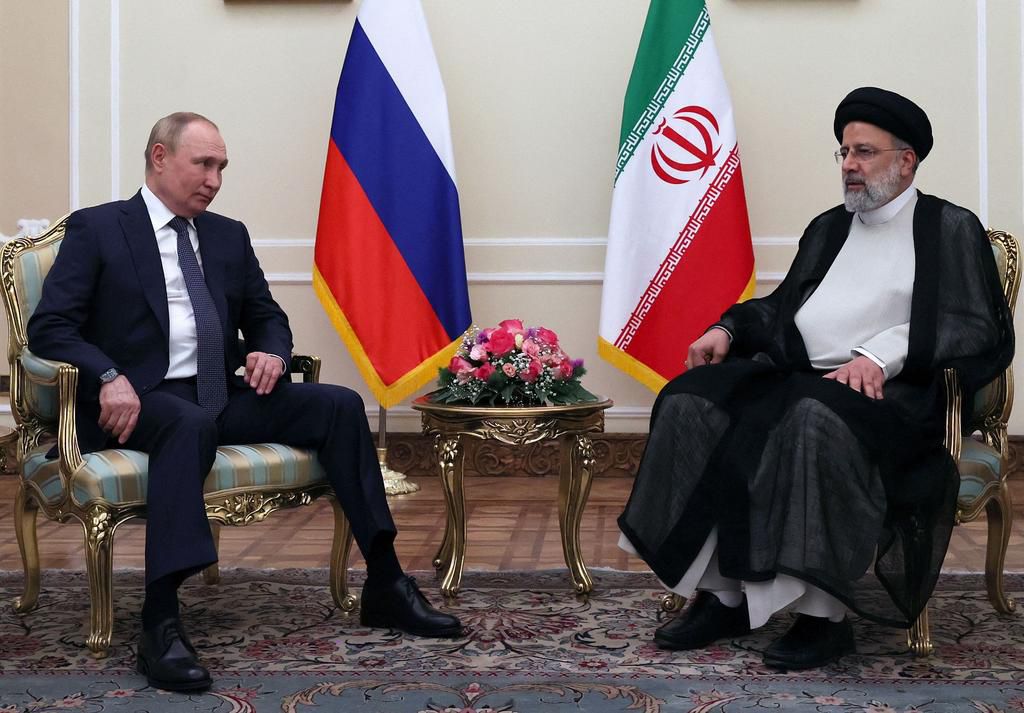
Presidency
Raisi's second bid for the presidency in 2021 was successful, albeit in a historically uncompetitive election.
Winning nearly 18 million of the 29 million ballots cast, his victory came amid widespread apathy and boycott from reform-minded Iranians.
The overall voter turnout was just 48.8%, the lowest since the Islamic Republic's establishment in 1979.
In his first international news conference following his election, Raisi made it clear that he would not meet with US President Joe Biden, even if terms were agreed upon to revive the 2015 nuclear deal.
He accused the United States and the European Union of violating the deal and demanded the lifting of all sanctions, while firmly stating that Iran's ballistic missile program was not open for negotiation.
On August 5, 2021, Ebrahim Raisi was officially sworn in as the president of Iran. His presidency has been marked by a continuation of his hardline policies and close alliance with Supreme Leader Ayatollah Seyyed Ali Hosseini Khamenei.
This content was created with the help of an AI model and verified by the writer.
)
)
)
)
)
)